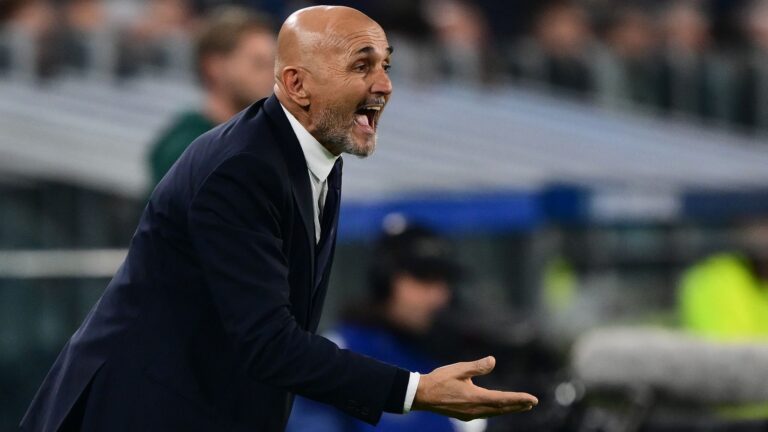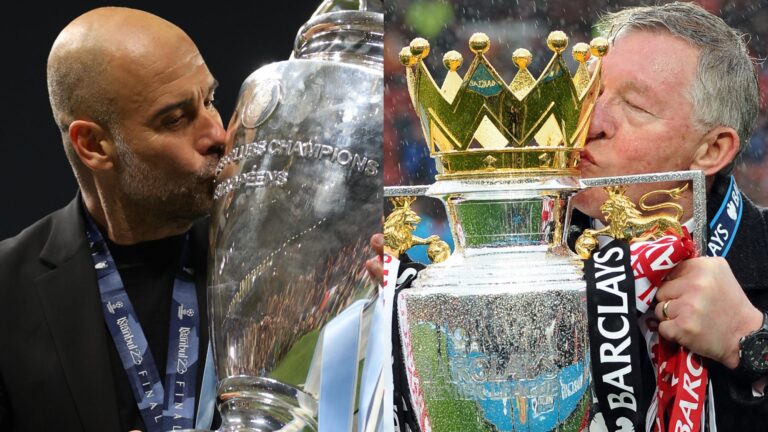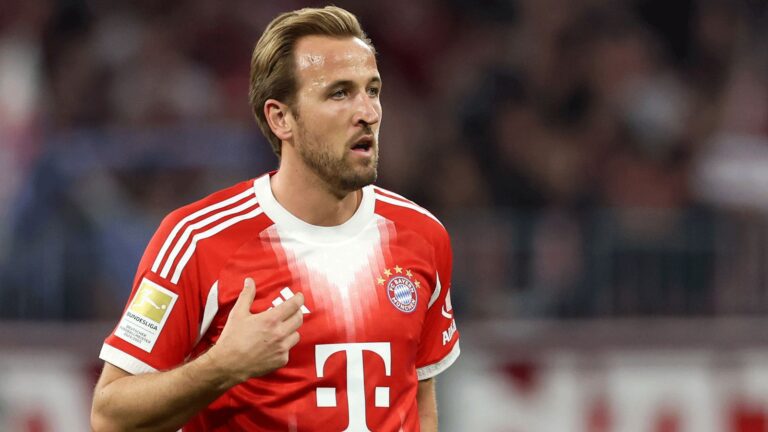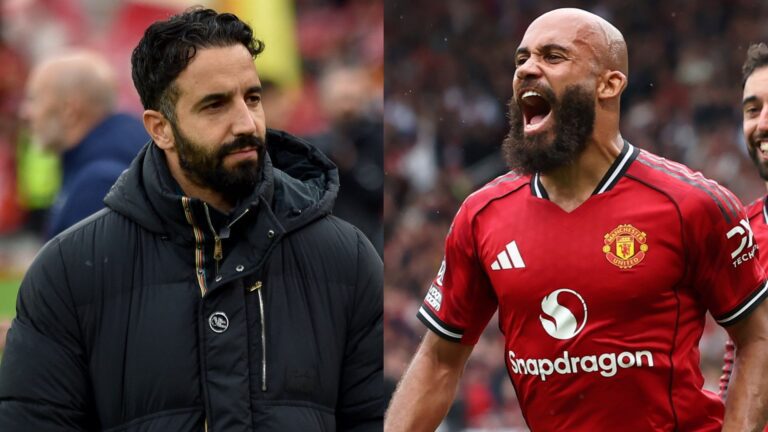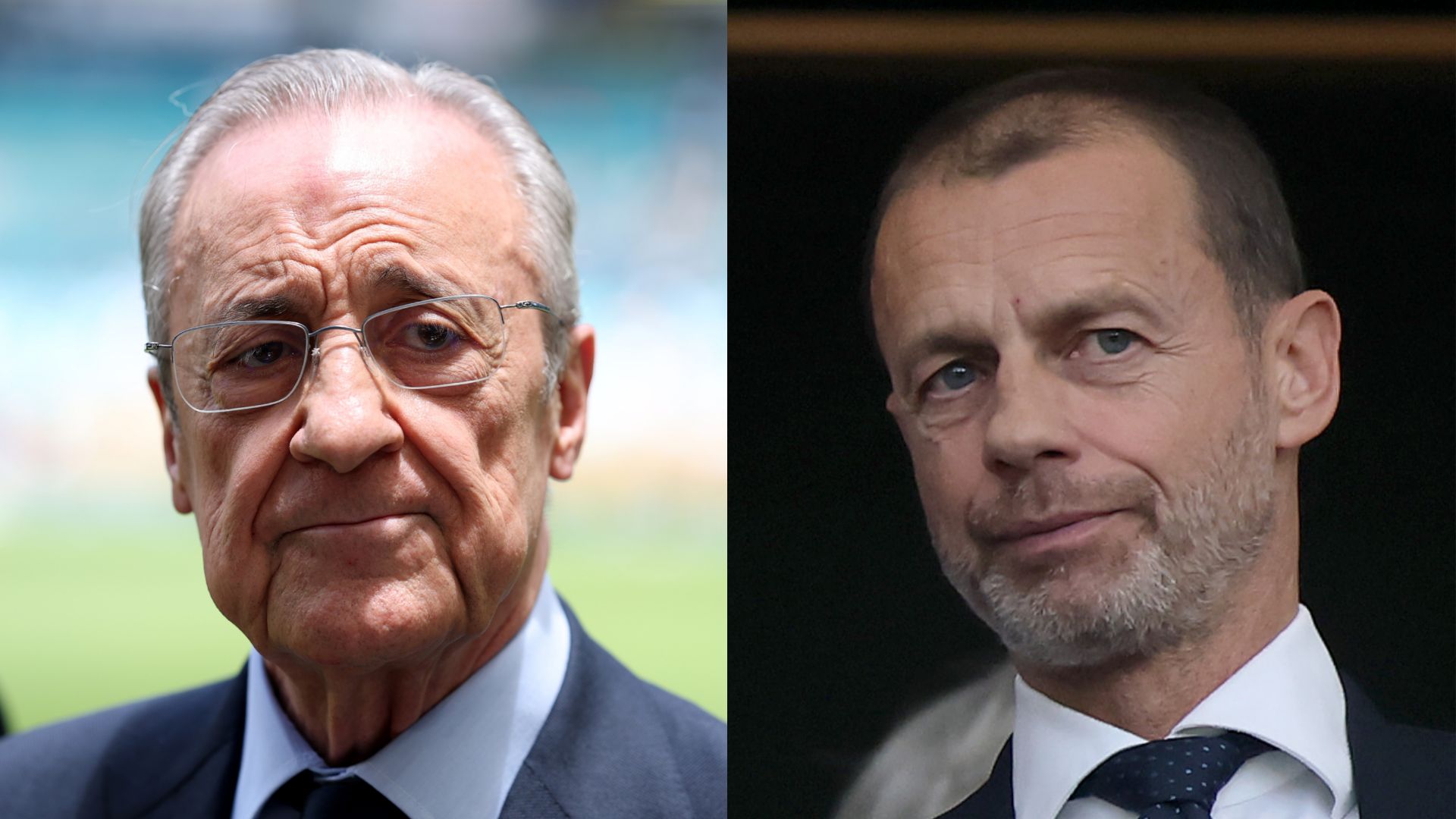
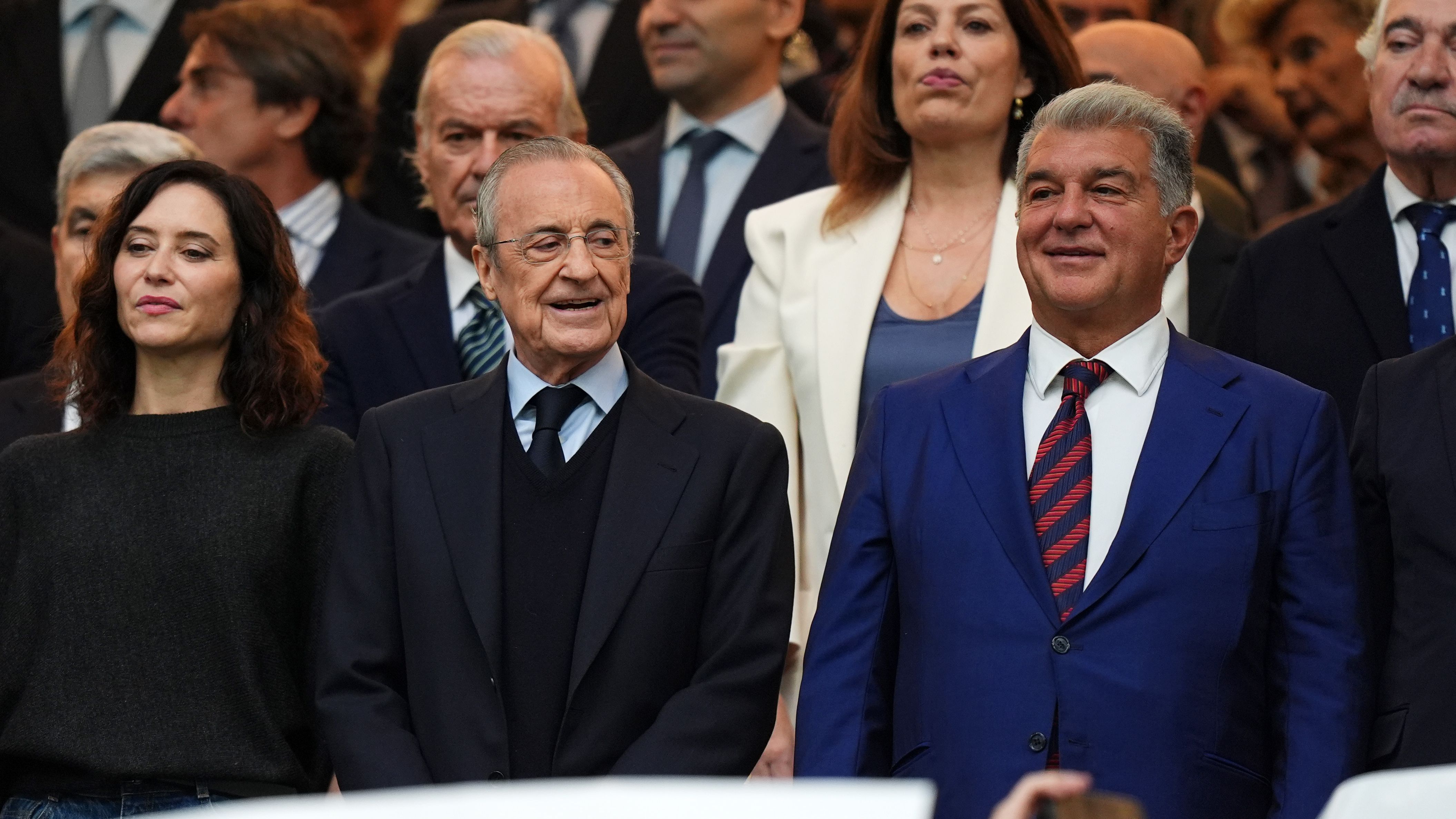
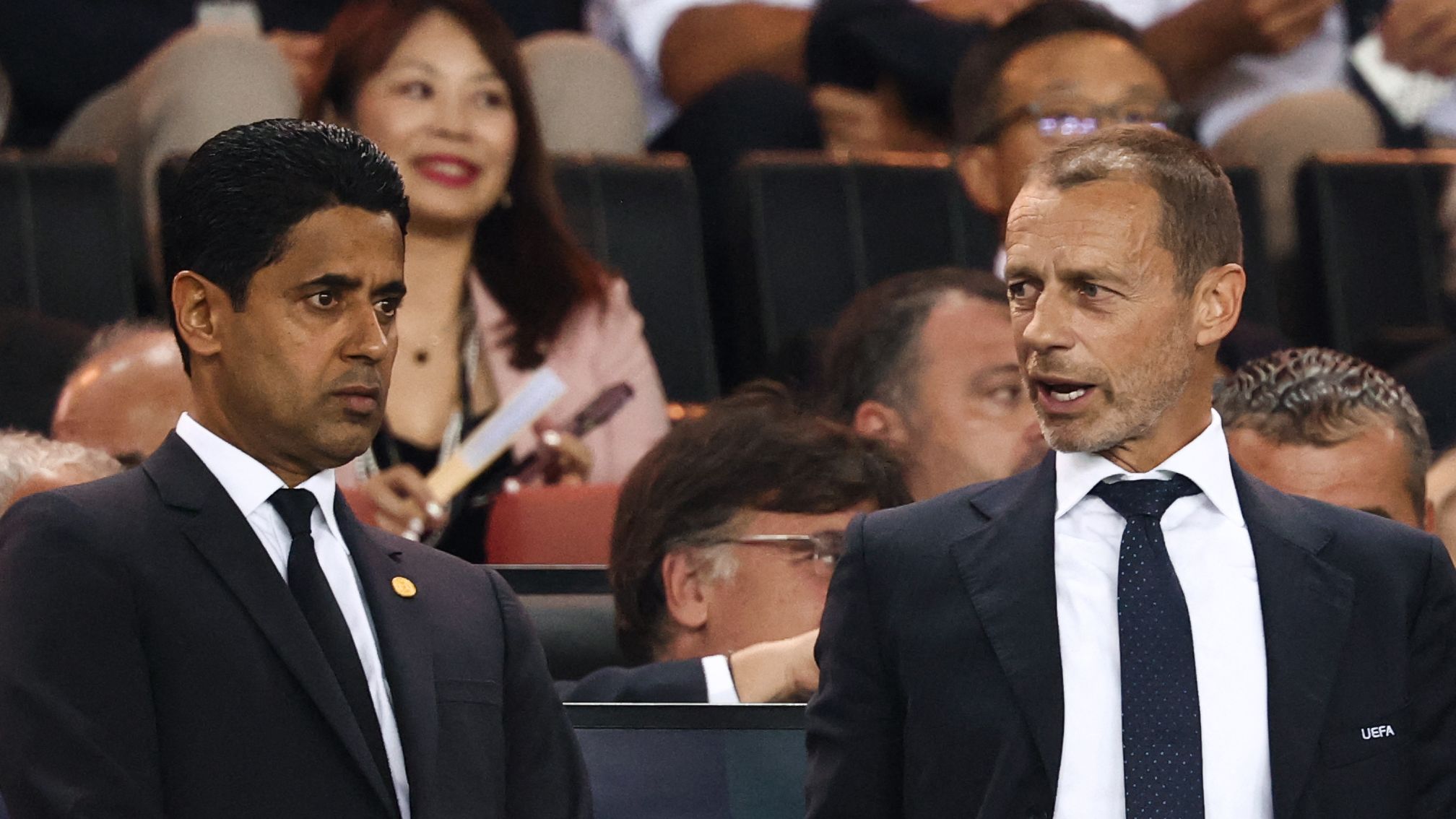
Real Madrid’s Bold Legal Challenge to UEFA Over Super League Damages
Real Madrid’s lawsuit against UEFA marks a pivotal escalation in the ongoing saga of the European Super League, now demanding massive compensation for alleged wrongdoing. This high-stakes confrontation highlights the fierce battle for control in European football, as the La Liga powerhouse and its ally A22 Sports Management prepare to reclaim what they see as unjustly lost opportunities.
The Origins of the Super League Conflict
In the world of soccer, transformative ideas often spark intense debate, and the European Super League’s revival in legal terms exemplifies this perfectly. Initially pushed forward by a coalition of top European teams, including Real Madrid and Barcelona, this alternative league aimed to overhaul the traditional setup by offering greater financial gains and inclusive formats for both genders.
Early Ambitions and Rapid Downfall
The proposal, unveiled in 2021 by 12 leading clubs such as Manchester United and Juventus, sought to compete directly with the UEFA Champions League. Yet, it faced swift backlash from fans and authorities alike, leading to its quick unraveling within days due to widespread protests, governmental opposition, and threats of penalties from UEFA and FIFA. Ultimately, only a handful of clubs, like Real Madrid, persisted in their efforts.
Key Legal Victories and Their Impact
Despite the initial setback, proponents refused to back down, citing UEFA’s restrictive practices as a barrier to progress. Real Madrid’s leader, Florentino Perez, has consistently criticized this as an stifling monopoly, and their resolve culminated in a landmark 2023 CJEU decision that deemed UEFA’s restrictions on new tournaments as breaches of EU regulations.
Reinforcement from Spanish Courts
This ruling gained further strength from Spain’s Audiencia Provincial, which accused UEFA of misusing its authority to suppress the Super League. For Perez and his team, these judgments provide strong validation, paving the way for what might be the largest financial claim ever in sports, centered on recouping lost earnings and reputational hits.
Failed Negotiations and Strategic Shifts
After the CJEU’s verdict, stakeholders tried to broker a peace, with representatives from A22, UEFA, Real Madrid, and Barcelona engaging in talks about potential frameworks for broadcasts and event management. Early signs were hopeful, involving key figures like Bernd Reichart and Teodoro Teodoridis.
Breakdown and Escalation to Court
Unfortunately, disagreements over core elements caused the discussions to falter, with accusations that UEFA was deliberately delaying. This frustration pushed Real Madrid and A22 towards legal recourse as their primary option, especially as Barcelona’s Joan Laporta began pursuing reconciliation with UEFA through events like a Rome gathering hosted by Paris Saint-Germain’s leader.
The Deeper Implications of the €4.5 Billion Claim
Beyond the financial aspect, Real Madrid’s pursuit of €4.5 billion underscores a fight for autonomy and reform in football governance. The club contends that UEFA’s control has curtailed teams’ abilities to explore new revenue streams and innovate, seeking redress for missed business prospects, media deals, and image tarnishing since the dispute’s onset.
UEFA’s Defense and Future Risks
In response, UEFA maintains that recent legal outcomes do not endorse the Super League and insists its updated rules from 2022 and 2024 are still valid. The organization is actively considering new appeals and bolstering its framework via the European Football Clubs association. Should Real Madrid prevail, it could encourage a wave of similar actions from other parties, potentially eroding UEFA’s influence and reshaping the landscape of continental soccer competitions.
Background on the Super League Controversy
In the world of football, the European Super League has been one of the most talked-about topics in recent years, especially for fans of clubs like Real Madrid. You might be wondering how this all ties into Real Madrid’s potential lawsuit against UEFA. Essentially, the Super League was a proposed breakaway competition that aimed to shake up European football by creating a closed league for elite clubs. Real Madrid, as one of the founding members, has been at the forefront of this movement, arguing that it could bring more financial stability and excitement to the sport.
This controversy really heated up in 2021 when 12 top clubs, including Real Madrid, announced their plans for the Super League. UEFA, the governing body for European football, quickly moved to block it, threatening bans and other penalties. But fast forward to a key ruling by the European Court of Justice (ECJ) in 2023, which declared that UEFA’s rules on approving new competitions were unlawful and anti-competitive. This favorable ruling for Super League supporters, including Real Madrid, has opened the door to potential legal battles over damages.
The Favorable Ruling for Real Madrid and Its Implications
The ECJ’s decision was a game-changer, essentially ruling that UEFA abused its dominant position in the market. For Real Madrid and other clubs involved, this meant their efforts to create the Super League weren’t just a pipe dream-they had legal backing. According to reports from reliable sports news sources, this ruling highlighted how UEFA’s monopoly could stifle innovation in football leagues and tournaments.
What does this mean for Real Madrid specifically? The club has long claimed that UEFA’s opposition caused them significant financial harm, including lost sponsorship deals and revenue opportunities. Now, with the ECJ’s support, Real Madrid is positioning itself to seek compensation. Keywords like “Real Madrid UEFA lawsuit” are buzzing in sports discussions, as experts predict this could set a precedent for how football governance works globally.
- Key elements of the ruling: The ECJ found that UEFA’s approval process for new competitions violated EU competition law, giving clubs like Real Madrid the green light to pursue alternative formats.
- Impact on football fans: If you’re a fan, this could lead to more competitive and lucrative leagues, but it also raises questions about the future of traditional tournaments like the Champions League.
Reasons Behind Real Madrid’s Lawsuit
Real Madrid’s decision to sue UEFA stems from what they see as unfair practices that blocked their Super League ambitions. The club alleges that UEFA’s actions not only prevented them from launching a potentially lucrative competition but also damaged their brand and finances. For instance, the backlash from fans and stakeholders after the initial announcement led to sponsor pullbacks and reputational hits.
Digging deeper, Real Madrid argues that UEFA’s dominance has created an uneven playing field in European football. Clubs like Real Madrid, which rely heavily on Champions League revenue, feel that UEFA’s control limits their ability to negotiate better deals or innovate. This lawsuit, potentially worth billions in damages, is about more than money-it’s about reshaping how football is governed.
- Financial claims: Real Madrid could be seeking compensation for lost TV rights, sponsorships, and potential Super League earnings, with estimates in the billions due to the scale of the football industry.
- Broader grievances:
- UEFA’s alleged anti-competitive behavior, such as blocking rival leagues.
- The economic impact on clubs during the initial Super League fallout, including stock drops for publicly traded teams.
Potential Damages and Claims in the Lawsuit
When it comes to the nitty-gritty of the lawsuit, Real Madrid is reportedly eyeing a massive payout, potentially in the billions. This isn’t just about punitive damages; it’s about recovering what they believe was unjustly taken from them. Legal experts suggest that the claims could include lost profits from the aborted Super League, which was projected to generate huge broadcasting deals.
To put this in perspective, if the Super League had launched, it might have rivaled the Champions League in terms of revenue, drawing in premium advertising and global viewership. Real Madrid’s legal team is likely building a case around EU competition laws, emphasizing how UEFA’s actions violated fair market principles.
- Breakdown of potential damages:
- Economic losses: Estimates could reach several billion euros, covering forgone revenue from tickets, merchandise, and partnerships.
- Reputational harm: Real Madrid might claim that UEFA’s smear campaign affected their global image, leading to indirect financial hits.
- Future reforms: A successful lawsuit could force UEFA to overhaul its rules, allowing for more competition in football schedules and formats.
In exploring these claims, it’s fascinating to see how “Super League ruling damages” is becoming a key search term, as people dive into the financial side of sports law. Real Madrid’s pursuit could inspire other clubs to challenge governing bodies, making this a pivotal moment for the industry.
How This Lawsuit Could Reshape European Football
Experts are already debating the long-term effects of this lawsuit on European football governance. If Real Madrid wins, it might encourage more clubs to break away from UEFA’s control, potentially leading to new leagues or partnerships. From a fan’s viewpoint, this could mean more exciting matches but also concerns about accessibility and tradition.
- Possible outcomes:
- Reformed UEFA policies: The organization might have to adopt more transparent approval processes for new competitions.
- Increased legal scrutiny: Keywords like “UEFA antitrust issues” could dominate discussions, as similar cases arise in other sports.
Under H3 subheadings for details:
Challenges in Proving Damages
Proving billions in damages won’t be easy-Real Madrid will need solid evidence, like financial projections and expert testimonies, to show direct links between UEFA’s actions and their losses.
The Role of Fan Sentiment
Fans play a huge role here; backlash against the Super League initially hurt clubs, but shifting opinions could influence the lawsuit’s outcome.
All in all, this saga is a must-watch for anyone interested in “Real Madrid Super League news,” as it blends sports passion with high-stakes legal drama. With ongoing developments, staying updated on “UEFA lawsuit updates” will keep you in the loop on how this unfolds.


